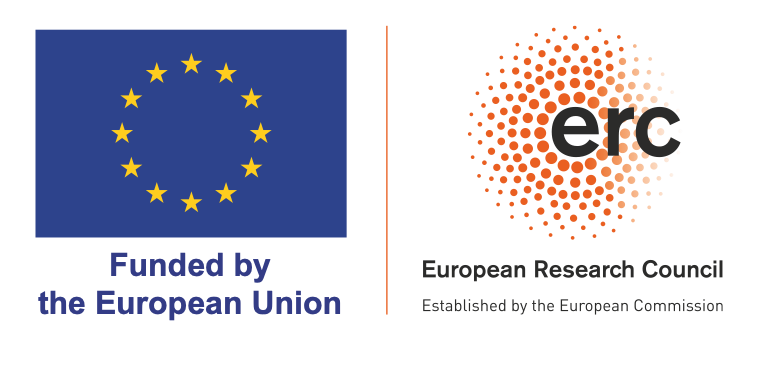INTEGRATE
The ERC funded project INTEGRATE identifies the impact of key asylum policies on refugee integration in European host societies. The goal is to establish a comprehensive evidence base that can be used to redesign the asylum process to improve outcomes for refugees and host communities.
Governments across the globe are still struggling to cope with repeated and persistent humanitarian emergencies. For many asylum seekers and refugees, the refugee crisis has turned into an integration crisis with many still waiting for decisions on their asylum applications and struggling to access jobs and a social network in their new home countries. Against this background, we have been conducting much needed research into the impact of various asylum and integration policies in Europe.
The goal of INTEGRATE is to provide systematic evidence that identifies the causal effects of the key parameters of the asylum process on the short and long-term economic, political and social integration of refugees, their families, and children in selected European countries.
By using causal research designs and recent advances in data science to comprehensively evaluate the asylum process in Europe, we have established actionable evidence base that can be used to redesign the asylum process to improve outcomes for both refugees and host societies. Our findings provide answers to the complex and urgent question of how to best facilitate the integration of increasing numbers or refugees, while mitigating political conflict and native backlash in host communities.

European support for asylum seekers remained remarkably stable across the Syrian (2015–16) and Ukrainian (2022) refugee protection crises.
Publication: external page Europeans’ support for refugees of varying background is stable over time
Resources: Download Research Brief (PDF, 2.6 MB)
Media coverage: external page Blick (German)

Imposing employment bans on newly arrived refugees lowers their long-term employment rates and makes them less motivated to integrate.
Publication: external page The Long-Term Impact of Employment Bans on the Economic Integration of Refugees
Resources: Download Research Brief (PDF, 273 KB)
Media Coverage: external page ORF Austrian Broadcasting Corporation (German), external page Phys.org, external page swissinfo (Italian), ETH News (German)

Algorithmic assignment of asylum seekers to places which are better suited for their labor market integration could significantly increase refugee employment levels.
Publication: external page Improving Refugee Integration through Data-Driven Algorithmic Assignment
Resources: Download Research Brief (PDF, 85 KB)
Media Coverage: external page BBC News, external page Frankfurter Allgemeine Zeitung (German), external page SRF Swiss Radio and Television (German), external page Süddeutsche Zeitung (German)

Restricting refugees' employment opportunities reduces their labor market integration and earnings in the long run.
Publication: external page The Labor Market Effects of Restricting Refugees' Employment Opportunities
Resources: Download Research Brief (German) (PDF, 523 KB)
Media Coverage: external page Blick (German)


